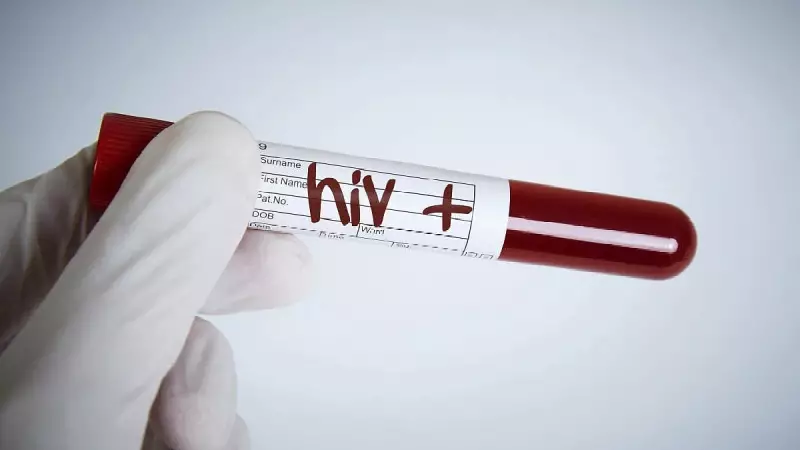
The recent discovery of HIV cases linked to blood transfusions in Jharkhand has sent shockwaves through India's healthcare community, exposing dangerous vulnerabilities in the nation's blood banking infrastructure. This alarming incident serves as a critical warning that demands immediate systemic reforms.
The Disturbing Reality Behind the Outbreak
Preliminary investigations reveal that multiple patients contracted HIV after receiving blood transfusions in Jharkhand healthcare facilities. This tragedy highlights the urgent need for stricter enforcement of blood screening protocols and more sophisticated testing mechanisms across India's blood banks.
Why India's Blood Banking System Needs Urgent Overhaul
The current crisis underscores several critical weaknesses:
- Inadequate screening technology: Many blood banks still rely on outdated testing methods that may fail to detect recent infections
- Infrastructure gaps: Rural and semi-urban centers often lack proper equipment and trained personnel
- Regulatory enforcement: Existing safety protocols aren't consistently implemented across all facilities
- Quality control: Variable standards in blood collection, storage, and distribution processes
Turning Crisis into Opportunity: The Path Forward
Public health experts emphasize that this tragedy must become a turning point for comprehensive blood banking reform. Key recommendations include:
- Mandatory implementation of advanced nucleic acid testing (NAT) nationwide
- Strengthening regulatory oversight and regular audits of blood banks
- Enhanced training programs for blood bank technicians and healthcare workers
- Developing robust tracking systems for blood products from donor to recipient
- Increasing government investment in blood banking infrastructure
A Nationwide Call to Action
The Jharkhand incident serves as a stark reminder that blood safety cannot be compromised. As India continues to develop its healthcare infrastructure, ensuring the highest standards in blood transfusion services must become a national priority. The time for comprehensive blood banking reform is now—before more lives are needlessly endangered.
This healthcare crisis presents an opportunity to build a safer, more reliable blood banking system that protects every Indian citizen seeking medical care.






